Last Hospital in North Gaza Evacuated After Israeli Orders, Leaving Entire Area Without Medical Services
- by Ibrahim, Gaza, RNG247
- about 7 months ago
- 127 views
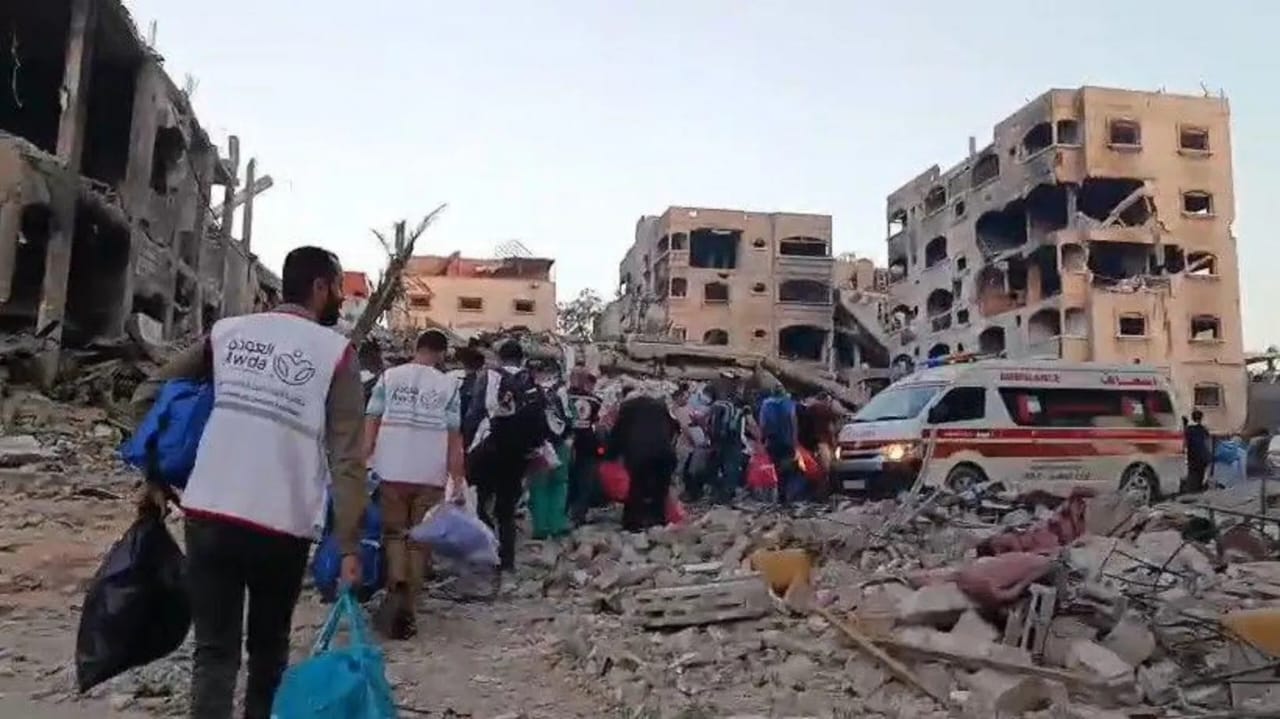
In a devastating development amid ongoing conflict, the last operational hospital in the North Gaza governorate has been forced to close after the Israeli military ordered its immediate evacuation, according to the hospital's director. The facility, al-Awda Hospital in Jabalia, was evacuated on Thursday evening following two weeks of relentless siege and escalating violence.
Dr. Mohammed Salha, director of al-Awda Hospital, conveyed to RNG247 that the hospital had been serving in an increasingly precarious environment. "We're really sad that we evacuated the hospital, but the Israeli occupation forces threatened us that if we didn't leave, they would enter and kill everyone inside or bomb the hospital," he explained in a voice note. "We thought about the safety of our patients and staff."
The hospital faced unrelenting attacks from Israeli tanks and airstrikes starting around midday Thursday, with soldiers demanding its evacuation. Dr. Salha recounted that the military initially refused his offer to stay with a core team while evacuating the rest, insisting instead on full evacuation after hours of negotiations. At approximately 8:30 p.m., staff carried dozens of patients—some on stretchers—more than 300 meters across largely destroyed roads to ambulances parked outside the facility.
Videos provided to RNG247 by hospital staff reveal scenes of chaos: medical personnel, some wearing vests emblazoned with the hospital’s name, are seen boarding ambulances as the sun sets, followed by a convoy of vehicles heading south through Jabalia amidst the rising darkness.
Patients and staff were transported to al-Shifa Hospital in Gaza City, where medical services now remain available. However, Dr. Salha warned that the closure of al-Awda creates a critical vacuum: “There is no functioning hospital left in the North Gaza governorate, severing a vital lifeline for our people,” he said.
The closure has sparked concern from international health organizations. The World Health Organization’s Director-General Tedros Adhanom Ghebreyesus emphasized the grave implications, stating, “Hospitals must never be attacked or militarized.” He pointed out that with al-Awda out of service, the North Gaza area is now entirely without a functioning hospital, exposing vulnerable civilians to greater risk.
Charitable groups and humanitarian agencies have verified the hospital’s severe condition. An NGO coalition reported that al-Awda had been struck at least 28 times since October, including an attack that injured four staff members and destroyed essential supplies, medicine, and equipment. The hospital had previously been within an evacuation zone declared last week but remained operational until now.
The situation outside the hospital remains dire. The Israeli Defense Forces (IDF) claim they are targeting terror infrastructure rather than hospitals; however, their statement to RNG247 last week made no mention of a siege on al-Awda specifically. Meanwhile, the Israeli blockade continues to choke Gaza’s already strained resources, with aid deliveries limited and sporadic.
According to the United Nations Office for the Coordination of Humanitarian Affairs (OCHA), only 61 of 158 primary healthcare centers in Gaza are partially or fully functional, and only a handful of UN-operated health facilities remain open. The ongoing blockade has severely curtailed access to essential medicines, clean water, and medical supplies, exacerbating a humanitarian crisis that grows more acute by the day.
Efforts by Israel to ease aid flow last week have been marred by chaos and controversy. Aid distribution centers run by the Gaza Humanitarian Foundation (GHF)—a U.S.- and Israeli-backed organization—have experienced violent scenes of looting and disorder, countering the UN’s and other agencies’ efforts to provide relief. The GHF has claimed it distributed six truckloads of food on Friday and plans to establish additional distribution points, including in the north.
Meanwhile, Israel justifies its blockade as a necessary measure to pressure Hamas, accusing the group of stealing aid and endangering civilians. Hamas, however, denies these allegations and continues to review a tentative US-backed ceasefire plan that Washington claims has Israeli approval. The proposed deal involves a 60-day ceasefire, the release of 28 hostages—including both living and deceased individuals—by Hamas, and the release of more than 1,000 Palestinian prisoners. Humanitarian aid, under UN supervision, is expected to flow into Gaza during this period.
Despite these diplomatic efforts, fighting persists. Over the past 24 hours alone, at least 72 Palestinians were reported killed in Israeli airstrikes, according to Gaza's Hamas-run health ministry. The death toll since the escalation began in October has now surpassed 54,321, including 4,058 fatalities since the resumption of Israel’s military campaign in March.
The situation at the ground level remains critically unstable. Civilians are caught in the crossfire, hospitals are being shuttered or destroyed, and aid continues to be hampered by violence and political strife. The international community watches anxiously, urging immediate action to protect civilians and restore essential services before Gaza’s already dire humanitarian crisis reaches an irreversible point.



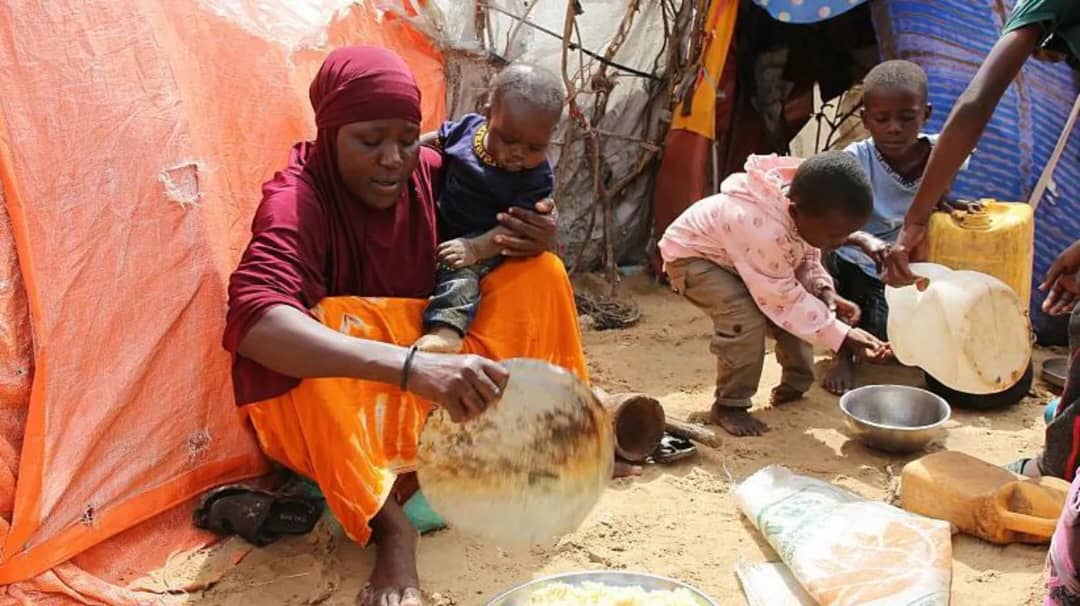
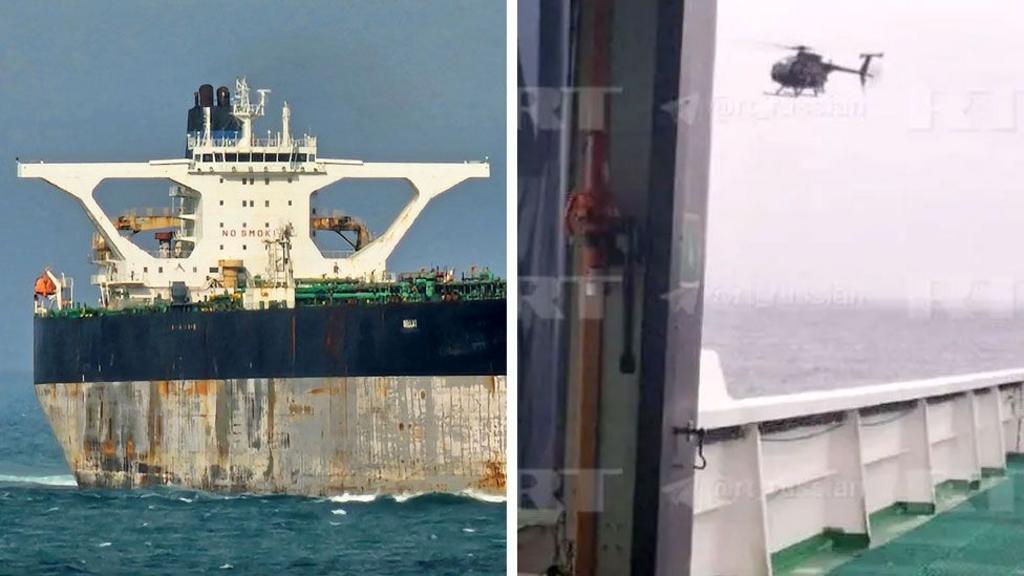
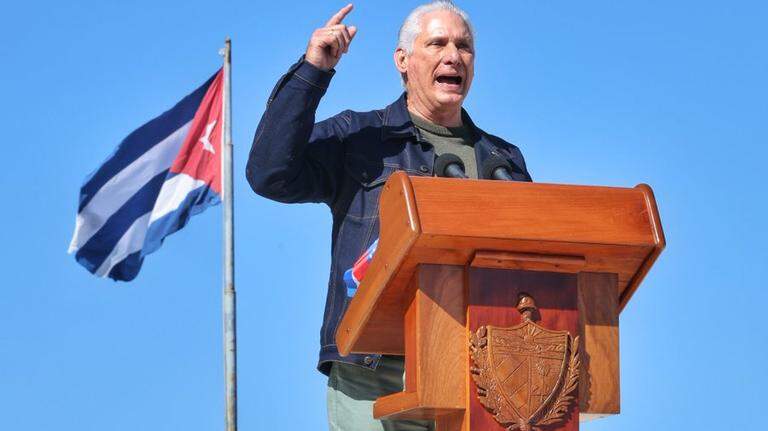

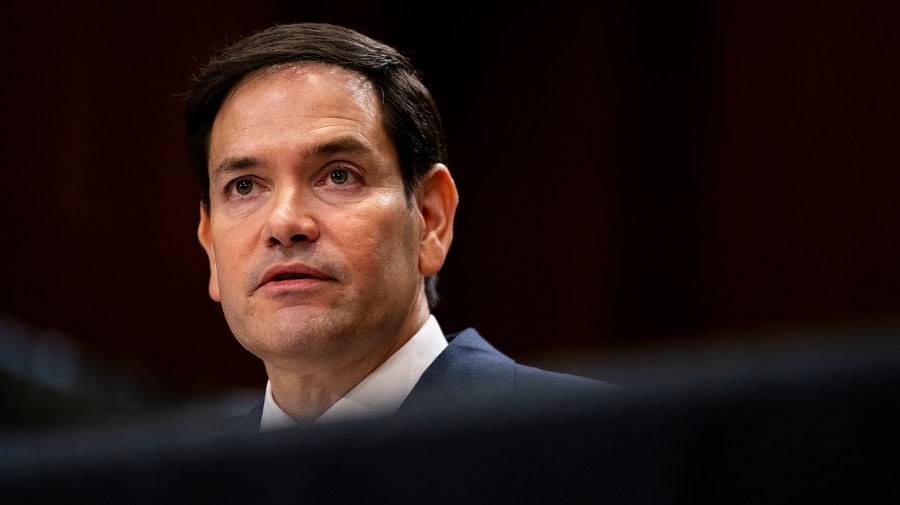

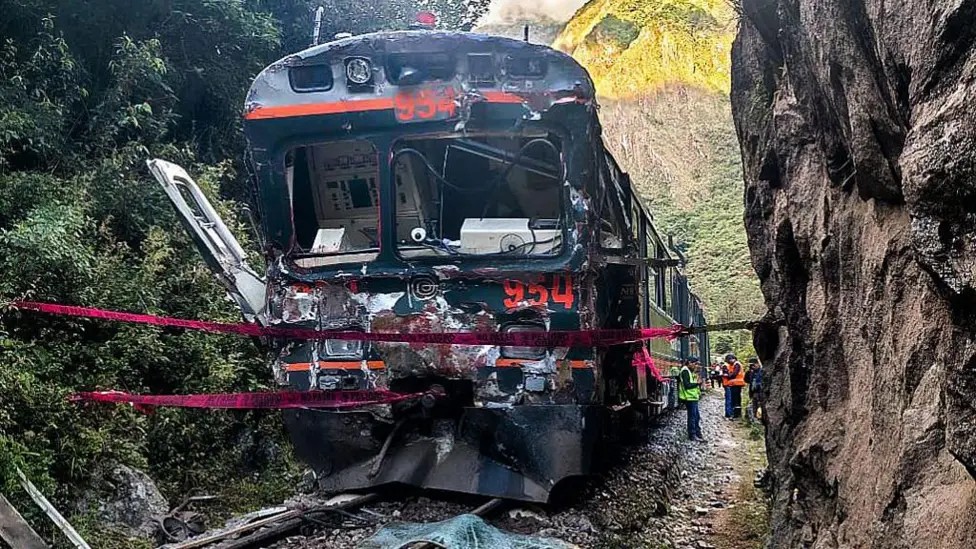

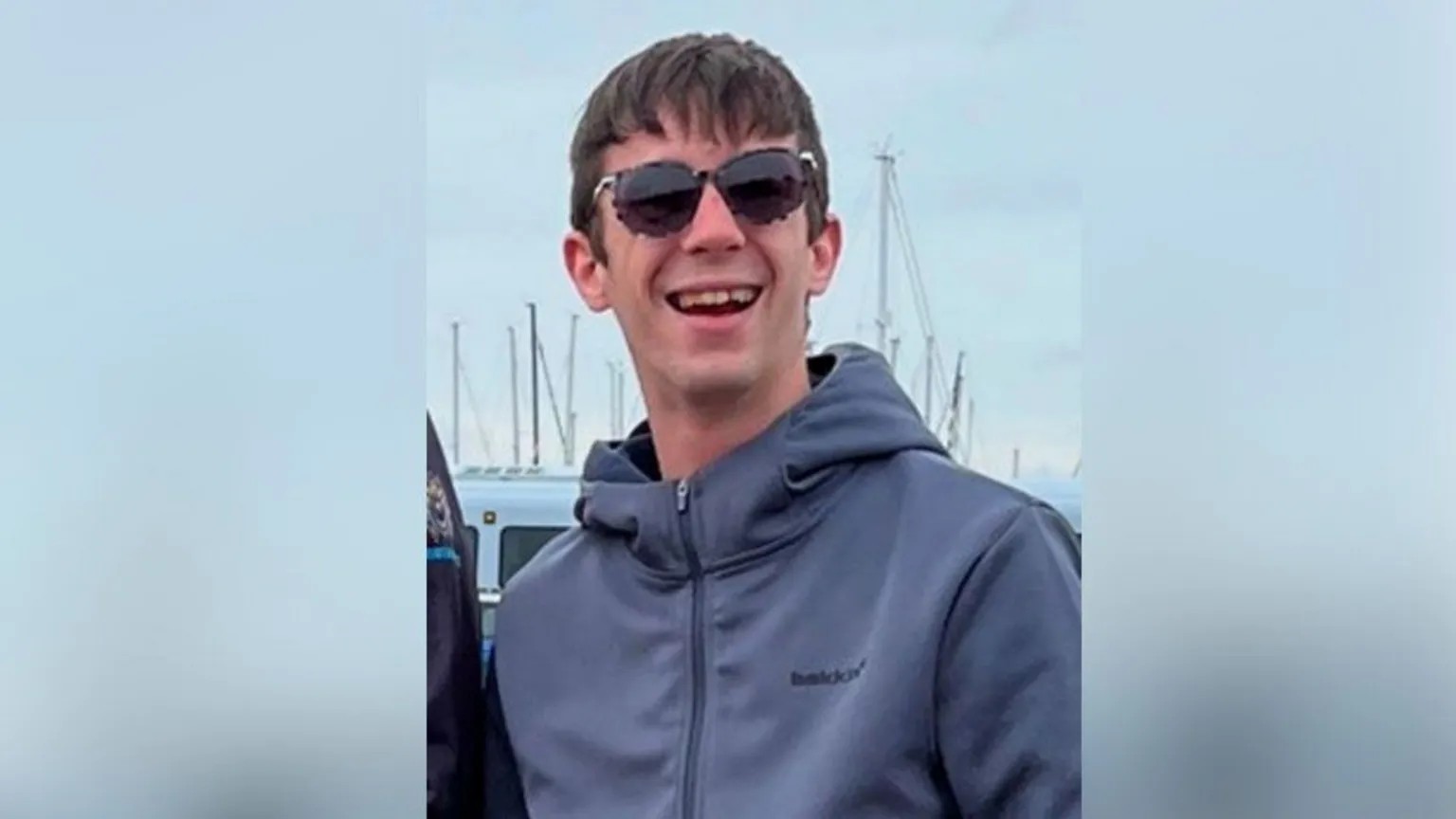

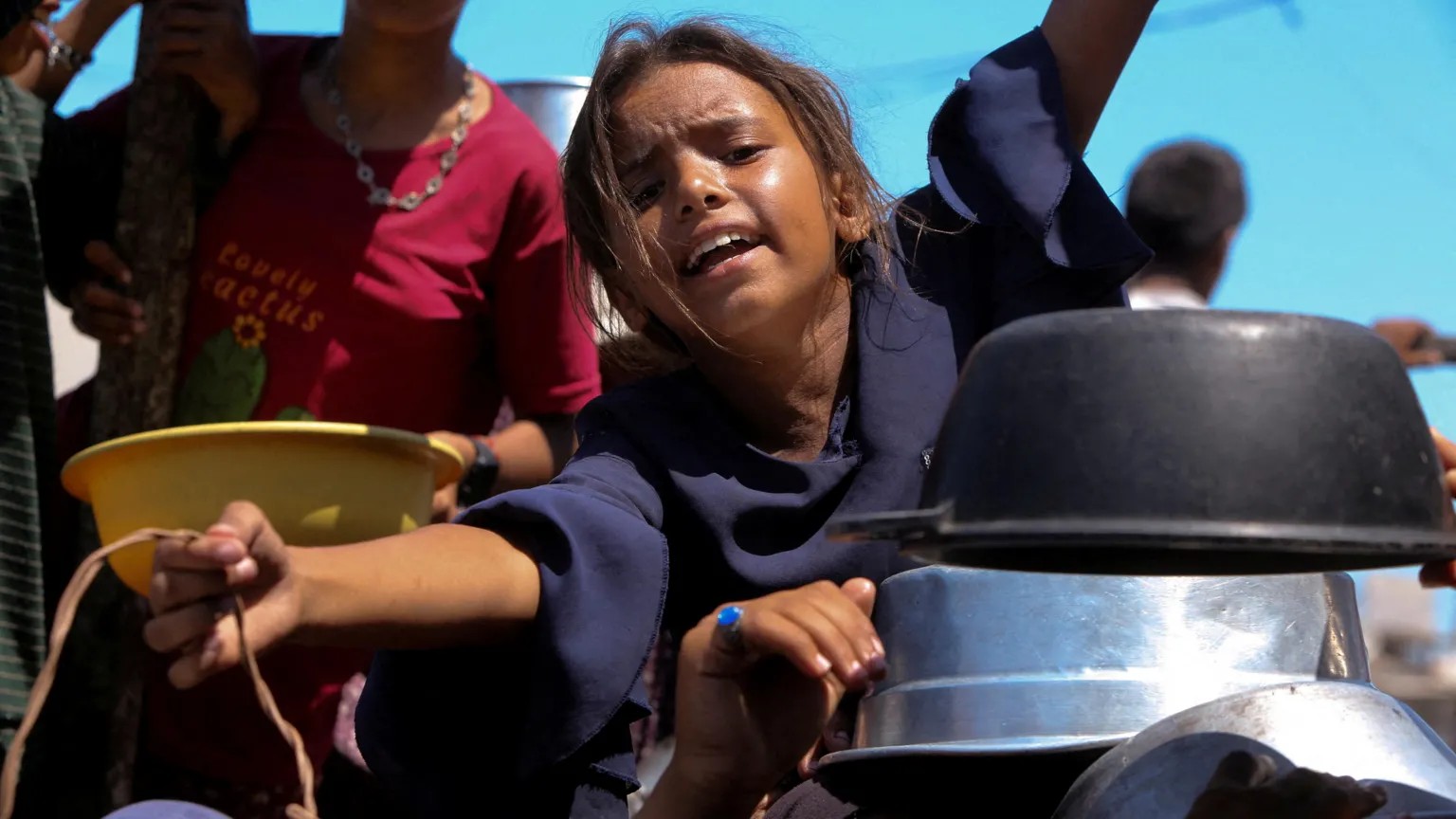
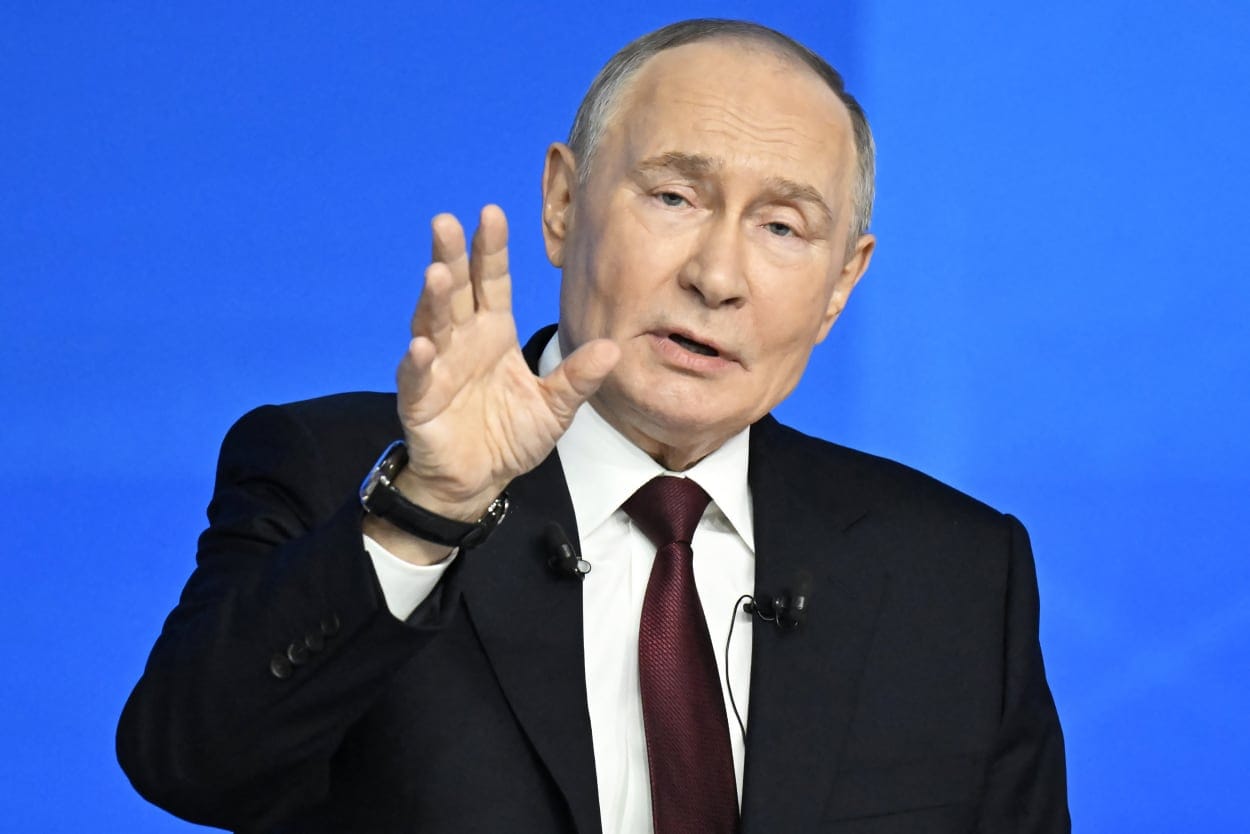

0 Comment(s)